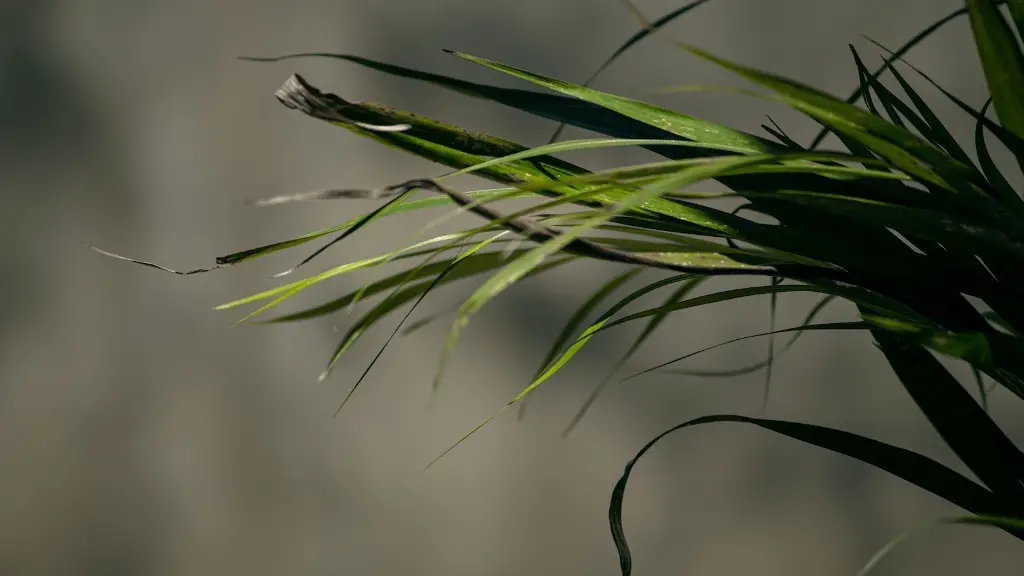Global warming is undeniably one of the most pressing issues facing planet Earth and its inhabitants today. Of particular concern is the impact that this phenomenon is having on animal life, as rising temperatures and changing landscapes threaten countless species. Yet, whilst the situation is undeniably dire, it is also somewhat ambiguous—the effects of global warming on animals are many and varied, so their stabilization is no easy task.
The primary effect of global warming on animal life is the deterioration of their habitats. Fluctuating temperatures and shifting weather patterns are making certain regions more suitable for certain species than others—forest animals, for instance, are finding themselves slowly pushed out by desert dwellers, as temperatures become hotter and drier in regions where they have until now been comfortable. These changes also bring to light increased competition between species, as they struggle to find food and suitable habitats, whilst also having to avoid new predators they had not encountered before. As a result, we are starting to witness the erasure of entire species that have been unable to adjust, leaving the most resilient and adaptive to rule the natural environment.
Animals are also feeling the effects of global warming in subtler ways. Many species are adept at adapting to their environments and behaving differently to survive, yet as temperatures change as a result of global warming, their behavior also shifts. For example, certain birds have been found to nest earlier in the season than previously, in an attempt to ensure their offspring’s survival. Another effect of global warming is the alteration of lifecycles and routines for fish, mammals, and other aquatic creatures, as increasing water temperatures cause them to reproduce and feed at different times to the usual.
Unfortunately, global warming is also having an enormous effect on animal infrastructure. Glaciers and polar caps, both of which house vast natural animal populations, are melting rapidly as a result of rising temperatures, leaving the inhabitants homeless and often unable to source their normal food reliably. Furthermore, whilst the natural environment is shifting extensively, it is becoming increasingly difficult for animals to move around the planet and find suitable habitats, as human activity and infrastructure projects become ever more prevalent.
On a more positive note, increased human awareness of global warming and its effects on animal life is providing constructive solutions to mitigating the impacts. Specialized conservation projects and animal protection policies are being established all around the world, with the aim of preserving certain species and slowing down the rate at which habitats are deteriorating. In addition, government-funded researchers have been investigating the relationship between global warming and the animal kingdom, hoping to devise ways to limit the negative effects and increase animal populations through careful management.
Ultimately, global warming is an immense challenge to the animal kingdom, yet with human cooperation and responsible environmental practices, we may be able to counter the difficult effects of climate change. To achieve this goal, it is essential that humans become more aware of the urgent situation, collaborate to prioritize conservation efforts, and scrutinize the impact of their own activities on the planet. Finding a way to balance the presence of mankind with the natural environment is no simple feat, yet doing so may be the only way to protect our fragile planet for future generations.

